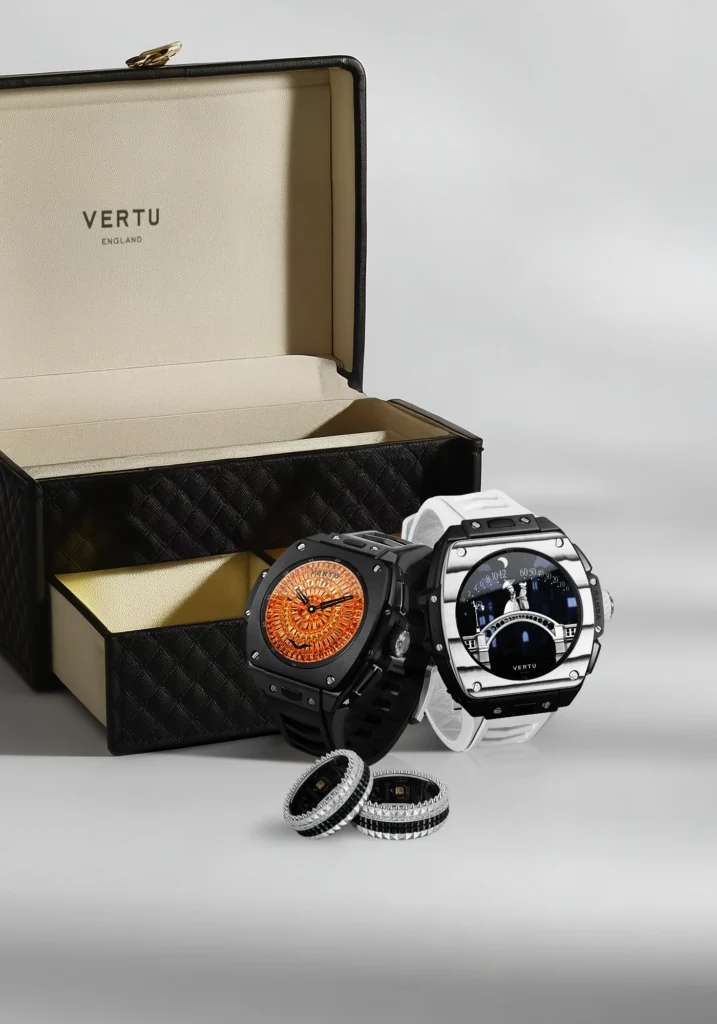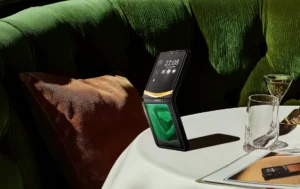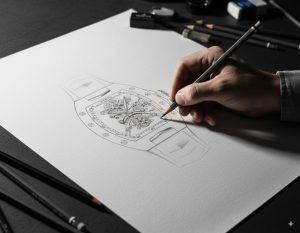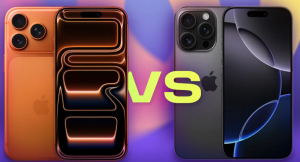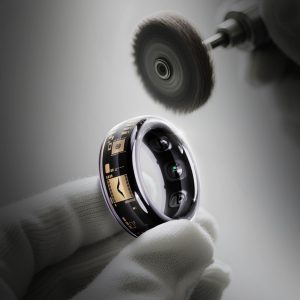In our fast-paced world, understanding and managing stress is more important than ever. With a growing number of wearables claiming to measure stress, a common question is, “how accurate are stress trackers?” The answer isn't straightforward. While no consumer device can provide a clinical diagnosis, the best stress trackers use advanced sensors and algorithms to provide a reliable, data-driven look into your body’s physiological response to stress. This guide will help you understand the science behind these trackers, compare top models, and show you how to use this information to take control of your well-being.
Key Takeaways: What You Need to Know
- No, not clinically accurate, but reliable. Stress trackers are excellent tools for monitoring personal trends and patterns, not for clinical diagnosis.
- HRV is the Key Metric. The most reliable stress trackers measure stress by monitoring Heart Rate Variability (HRV). A lower HRV often indicates a higher state of stress or fatigue.
- Context is Crucial. To get the most from a stress tracker, you need to use the data in context with your daily activities, sleep patterns, and emotions.
- The Best Devices: The most accurate devices combine advanced sensors for HRV and blood oxygen with continuous, 24/7 health monitoring.
The Science Behind Stress Tracking: It's All in the HRV
A wearable doesn't “know” you're stressed. Instead, it measures your body's physical reaction to stress. The most reliable method for this is monitoring Heart Rate Variability (HRV).
- What is HRV? Your heart doesn't beat at a perfectly even pace. The tiny variations in time between each heartbeat are known as HRV. A high HRV generally indicates a relaxed, well-rested state, while a low HRV can signal that your body is under stress, whether from a challenging workout, a lack of sleep, or emotional pressure.
- How Wearables Track It: The best stress trackers use a precise optical sensor, like an 8-channel PPG sensor, to accurately measure these tiny variations. An advanced algorithm then interprets this data to give you a personalized stress score.
Understanding that stress trackers measure a physical metric (HRV) rather than a feeling is the first step to using them effectively.
Top Wearables with Accurate Stress Tracking
While many wearables offer some form of stress tracking, these devices stand out for their accuracy and comprehensive approach to wellness.
- Vertu AI Aura Ring: This device is a leader in 24/7 health monitoring. Its highly sensitive 8-channel PPG sensor provides an exceptionally accurate reading of HRV, blood oxygen, and other key biometrics. The continuous tracking gives you a complete, uninterrupted view of how your body responds to daily stressors, from a tough meeting to a late-night dinner.
- Garmin Venu 3: Garmin's Body Battery feature is a popular and reliable metric for stress. It uses HRV data to show your energy reserves throughout the day, helping you understand when to push harder and when to rest. It’s an excellent choice for fitness-focused users.
- Apple Watch Series 11: The Apple Watch provides a wealth of health data, including a solid HRV metric. While its stress tracking is not as front-and-center as other devices, it’s a reliable tool for those in the Apple ecosystem who want to understand their body’s response to stress.
Product Comparison Table
| Feature | Vertu AI Aura Ring | Garmin Venu 3 | Apple Watch Series 11 |
| Stress Tracking Metric | Highly Accurate HRV | HRV (Body Battery) | HRV |
| Key Health Metrics | 24/7 Health Monitoring (Blood Oxygen, Heart Rate, Body Temperature) | Energy Levels, Sleep Score, Heart Rate | ECG, Blood Oxygen, Heart Rate |
| Form Factor | Discreet, Elegant Ring | Traditional Smartwatch | Traditional Smartwatch |
| Target User | Holistic Wellness Seekers, Professionals, Discerning Users | Athletes, Fitness Enthusiasts | Apple Ecosystem Users, General Consumers |
| Unique Selling Point | Uninterrupted 24/7 Monitoring, Luxury Materials | Comprehensive Fitness Ecosystem | Seamless Apple Integration |
Scenarios for Stress Tracking
- Commercial Scenario: A busy executive wears their Vertu AI Aura Ring throughout the day. The 24/7 health monitoring alerts them to a high stress score during a particularly tense negotiation. This allows them to take a moment to breathe and recenter, preventing a stressful moment from affecting their decision-making.
- Sleep Scenario: An individual has been feeling tired lately. They check their stress tracker data and notice their stress levels are high at night, leading to poor sleep quality. They use this insight to create a more relaxing evening routine, resulting in better rest.
- Outdoor Scenario: An athlete is training for a marathon. They use their stress tracker to see how their body is recovering after a long run. A high stress score tells them to take a rest day, preventing overtraining and injury.
The best stress trackers are those that provide accurate data you can use to make small, positive changes to your daily life. They are a valuable tool for anyone looking to proactively manage their health and well-being.
Frequently Asked Questions (FAQ)
Q1: Is a high or low HRV better for managing stress?
A1: A higher HRV is generally better, as it indicates a relaxed state and a body that is ready to handle challenges. A low HRV can be a sign of stress, fatigue, or illness.
Q2: Can a stress tracker tell the difference between physical and mental stress?
A2: No. Most stress trackers measure a physiological response (HRV), which is a general indicator of stress. It can't distinguish between the stress from a tough workout and the stress from a difficult conversation. It’s up to you to add the context.
Q3: How can the Vertu AI Aura Ring track stress so accurately?
A3: The Vertu AI Aura Ring‘s accuracy comes from its ability to provide continuous, 24/7 health monitoring. It gathers a large amount of uninterrupted data on your HRV and other metrics, giving it a more complete and reliable picture of your body's state than a device that only measures for a few hours.

